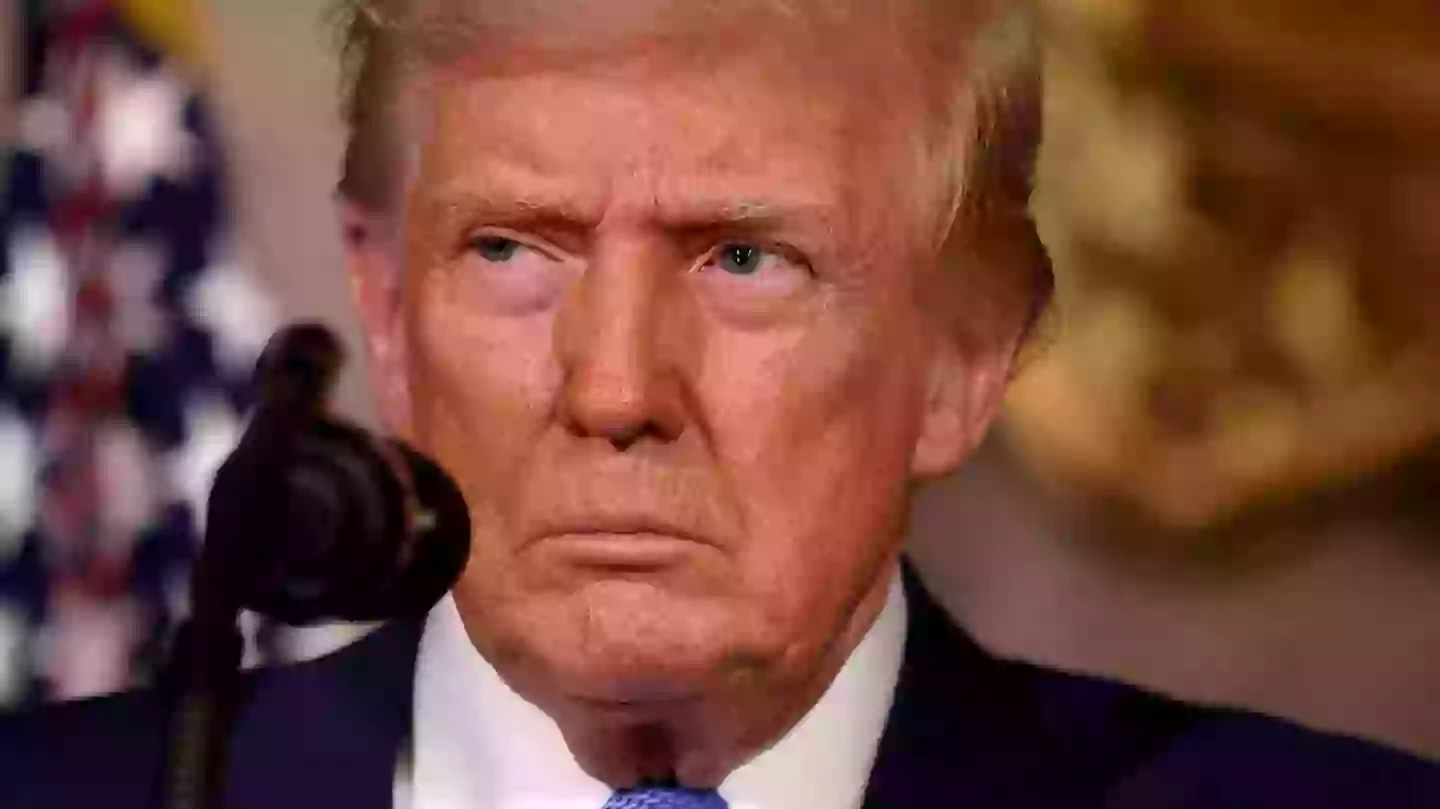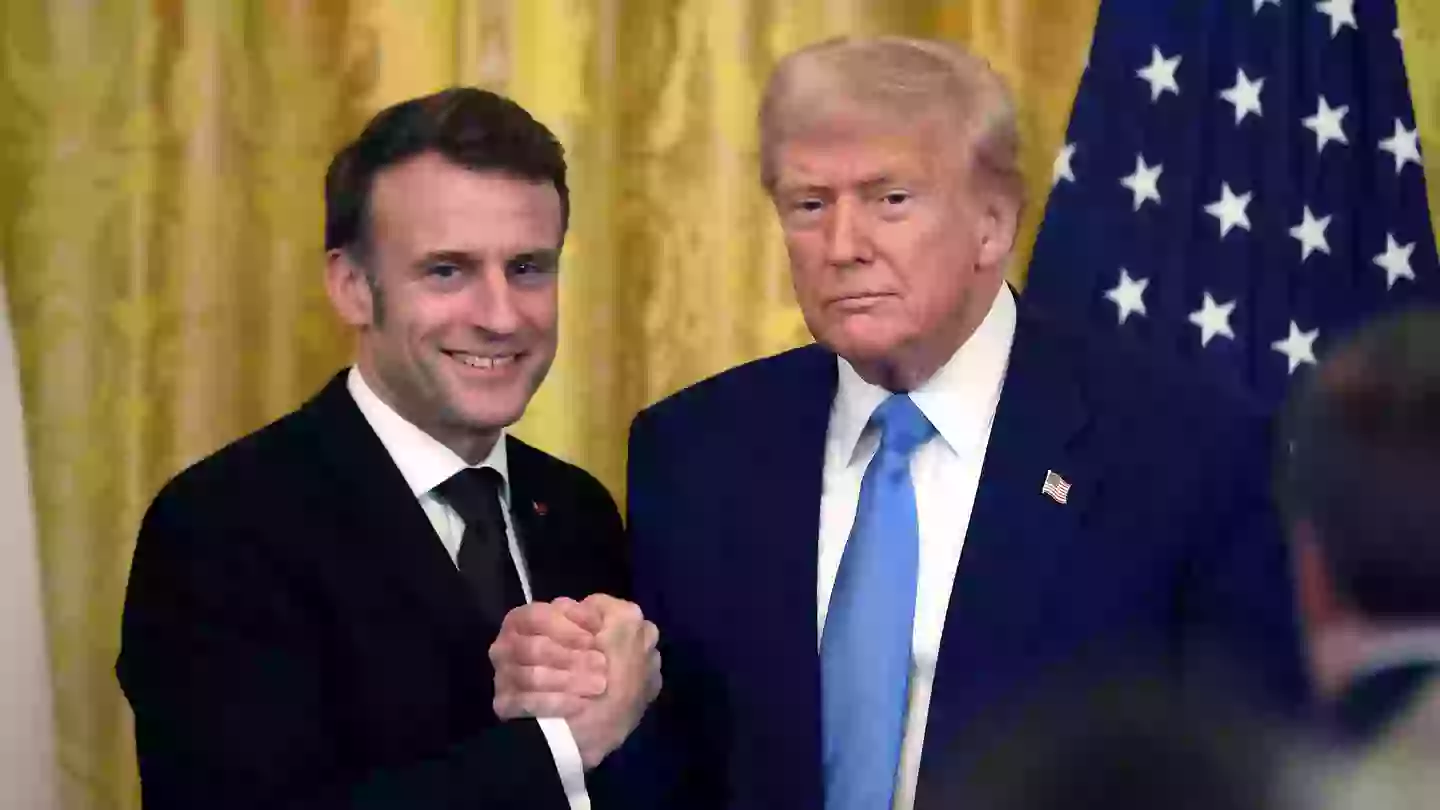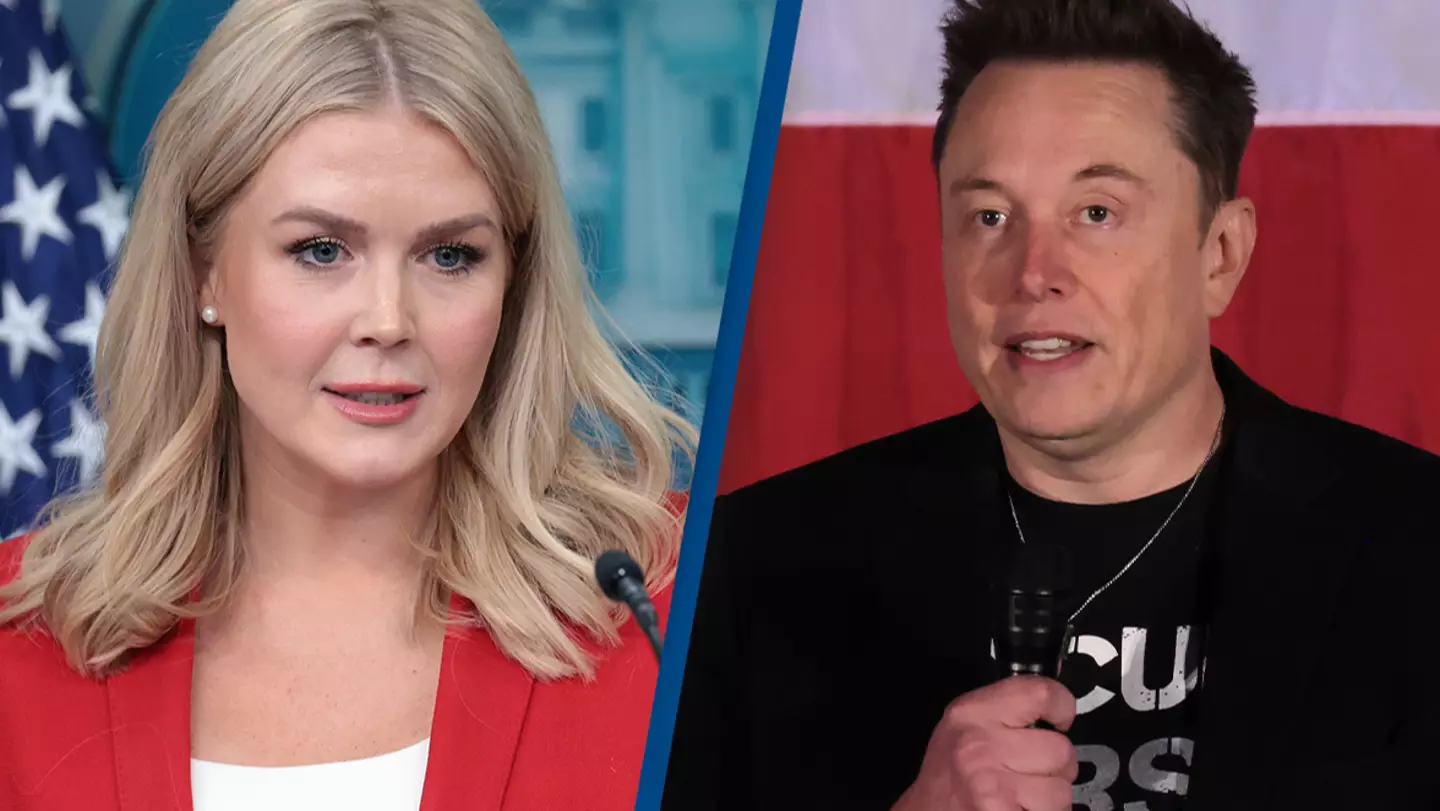Lewis Hamilton provides epic response to ‘shelf life’ dig during Ferrari testing Lewis Hamilton topped the timesheet for Ferrari in Bahrain on Thursday (Picture: Getty) Lewis Hamilton has provided an epic response to claims that ‘everyone has a shelf life’ during testing for his new Formula One team Ferrari. The British driver topped the timesheet for…
Author: USA Facts News
“He will be hugely missed by all his Eggheads family.” Chris Hughes, famous Eggheads quizzer and TV personality, has died at the age of 77. The news was confirmed in a statement by the Eggheads social media page, which read: “It is with immense sadness that we announce the passing of Eggheads great Chris Hughes. “Chris joined the show in 2003 and over…
The Pan Am pilot’s final words before the horrific collision were heard on radio recordings On 27 March 1977, two planes collided at Los Rodeos airport in Tenerife in what would become the deadliest aviation accident in history. There have been a few air crashes so far this year, doing absolutely no favours for travellers with a…
Gabby Petito is currently the subject of a Netflix documentary Gabby Petito’s father has left people in tears after responding to a post from a woman who closely resembles his late daughter. The heartbreaking case of Gabby Petito is back in the news again following the release of Netflix’s three-part series American Murder: Gabby Petito which follows the final…
Donald Trump shares AI video of his vision of Gaza which includes bizarre statues and bearded belly dancers Might be the weirdest thing Trump has posted in a while Donald Trump is used to posting… well, whatever he wants on social media, but his latest post about Gaza is more than a touch odd. Earlier…
Doctor speaks out with worrying theory after large bruise spotted on Trump’s hand sparks health speculation The White House released a statement addressing Donald Trump’s health after speculation arose online about a bruise on his hand US President Donald Trump was spotted with a bruise on his hand, leaving people concerned, and while the White…
Gen Z woman who was shocked by text millennial man sent to her after first date sparks online debate
Not even a simple text message is safe from the Gen Z-Millennial divide You may not realise but everything from the way you dress to the social media apps you frequent are subtle giveaways for the year you were born. As the two most chronically online generations, the distinctions are most visible between Gen Z and…
American woman comes forward claiming she’s Madeleine McCann and reveals ‘proof’ with DNA test results Eugenea Collins claims she is the missing British girl An American woman is making some wild claims that she’s Madeleine McCann, who went missing almost two decades ago, with DNA ‘proof’. The disappearance of the British three-year-old girl sparked international attention when…
Gene Hackman and his wife Betsy Arakawa were found dead alongside their pet at their residence in New Mexico on Wednesday (26 February) Gene Hackman reportedly shared his home with German Shepherds as details have emerged following the actor’s death. The French Connection star, 95, was found dead alongside his wife Betsy Arakawa, 63, and their pet dog at…
Donald Trump’s press secretary reveals email she sent in response to Elon Musk’s demands with 5 bullet points It follows Elon Musk doubling down on his email to all federal employees demanding a response or else they be considered ‘terminated’ A screenshot of White House press secretary Karoline Leavitt’s response to Elon Musk’s email to…









